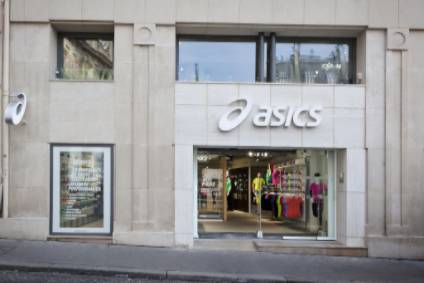
A series of ambitious new sustainability targets, outlined by Japanese sportswear firm Asics Corporation, have been officially approved by the Science Based Targets initiative (SBTi).
The targets, outlined in the group’s 2017 Sustainability Report, underpin a mid-term carbon strategy designed to propel the company’s CO2 reduction efforts going forward. They include reducing the carbon footprint of its operations by 33% in-line with the Science-Based Targets initiative, and cutting supply chain carbon emissions by 55% of 2015 levels per product manufactured.

Discover B2B Marketing That Performs
Combine business intelligence and editorial excellence to reach engaged professionals across 36 leading media platforms.
The SBTi was established in 2015 and is a collaboration between CDP, the United Nations Global Compact, World Resources Institute (WRI) and the World Wide Fund for Nature (WWF). The initiative champions science-based target setting as a powerful way of boosting companies’ competitive advantage in the transition to the low-carbon economy.
Targets adopted by companies to reduce GHG emissions are considered “science-based” if they are in line with the level of decarbonization required to keep global temperature increase below 2 degrees Celsius compared to pre-industrial temperatures.
As of today (21 August), 126 companies around the world have had their GHG reduction targets independently assessed and approved by the SBTi, including 26 Japanese companies.
“Asics will continue to focus on even more sustainable business operations by developing more environmentally sustainable products and encouraging efficient energy usage and renewable energy in order to achieve the approved targets,” the company said.

US Tariffs are shifting - will you react or anticipate?
Don’t let policy changes catch you off guard. Stay proactive with real-time data and expert analysis.
By GlobalData




